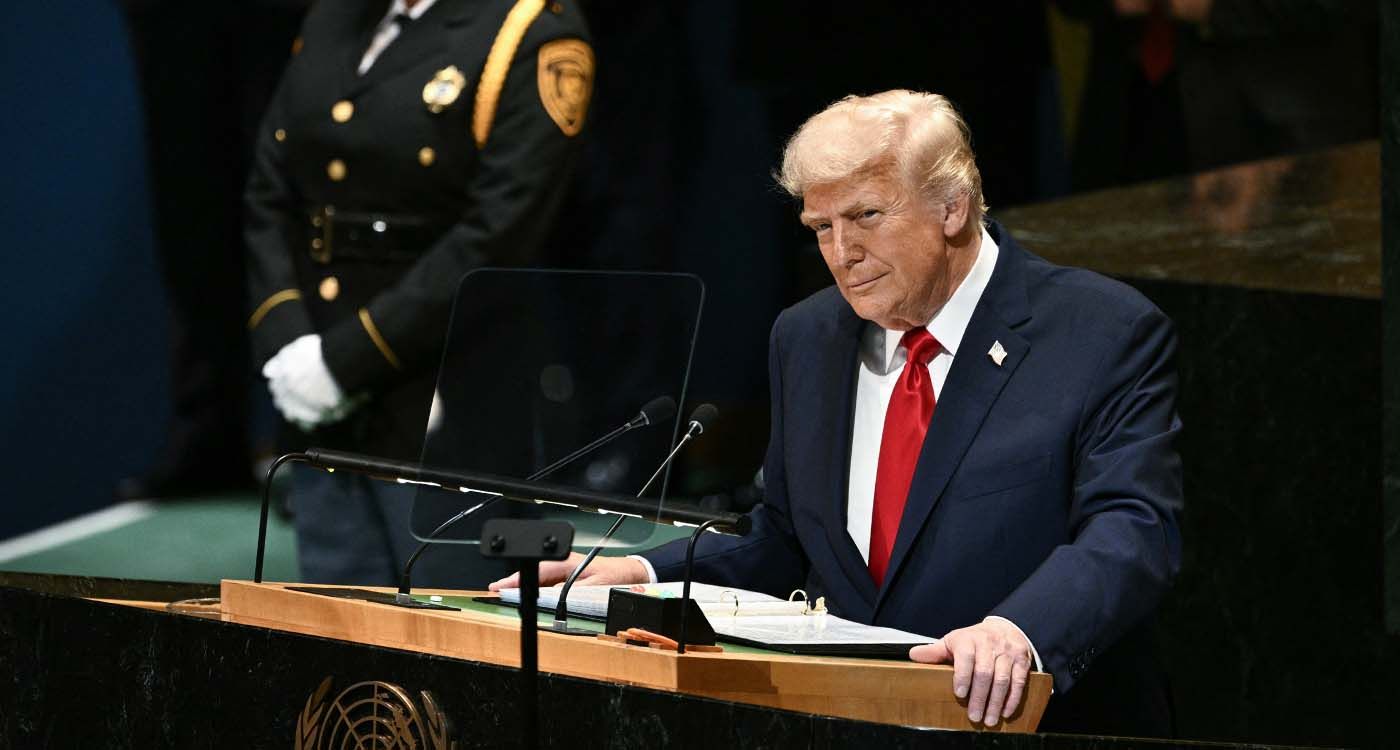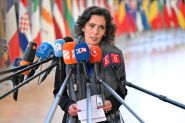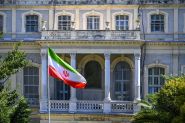- Home
- Middle East
- The United Nations: A Global Stage Without Teeth

©Brendan SMIALOWSKI / AFP
When Donald Trump addressed the UN General Assembly yesterday, his words reignited an old debate: Is the United Nations an effective institution for peace and security, or merely a costly theater where leaders posture? Trump called the UN “obsolete,” echoing his long-standing skepticism about multilateral organizations. But behind the bluster lies a legitimate question: Has the UN truly mattered when it comes to resolving the world’s bloodiest conflicts?
The UN was created in 1945, at the ruins of the Second World War. Its architects—chiefly the US, Britain and the Soviet Union—designed it to prevent another global conflict by anchoring international relations in collective security and dialogue. The Security Council, with five permanent members holding veto power, reflected the geopolitical balance of the time. The Cold War then cemented the UN as a buffer: better to debate endlessly in New York than risk nuclear war in Europe.
For decades, the UN symbolized an order where superpowers checked each other but still needed a common table. It was never perfect, but it offered structure in an otherwise chaotic world.
Since its founding, the UN Security Council has passed over 2,500 resolutions. Yet, history shows a stunning gap between words and deeds.
- Arab–Israeli conflicts: Dozens of resolutions demanding Israeli withdrawal from occupied territories (notably Resolution 242 after the 1967 war and Resolution 338 in 1973) remain unenforced.
- Bosnia in the 1990s: UN peacekeepers stood by helplessly during the Srebrenica massacre despite resolutions calling for civilian protection.
- Iraq and Saddam Hussein: Repeated resolutions on weapons inspections were ignored until unilateral US action forced compliance.
- Syria since 2011: Multiple resolutions condemning chemical weapons use or calling for ceasefires have been vetoed or ignored, while the war continues.
The list goes on. In fact, academic estimates suggest that over half of major UN resolutions in conflict zones have never been implemented. The problem is structural: the veto power of permanent Security Council members allows geopolitical interests to paralyze action.
For Trump, the UN is less a mechanism for solutions than a stage for speeches. He argues that the organization consumes billions of dollars and generates endless debates but cannot enforce its own rules. From his perspective, NATO, bilateral deals or raw national power are more effective than UN diplomacy. His critique is not new; other US presidents, from Reagan to Obama, have bristled at UN inefficiency, but Trump frames it bluntly: the UN is irrelevant in an era of fast-moving conflicts.
The harshest metaphor is also the most accurate: the UN has become a global version of Twitter (or X). Leaders come to New York once a year to post their “tweets,” grand speeches, symbolic condemnations and lofty promises. These statements make headlines, but like social media posts, they rarely translate into tangible change. Just as Twitter gives individuals a megaphone without accountability, the UN gives states a stage without enforcement.
And yet, like Twitter, the UN still matters, because it is the only forum where every country, from superpowers to microstates, can speak on equal footing. Its relevance lies in symbolism, not solutions. It records history, frames global debates and provides legitimacy to international norms, even if it fails to implement them.
But here is the deeper reality: the UN is a child of the old world order. It was built for a bipolar Cold War, then stretched to fit a unipolar US-led system after 1991. Today, that system is unraveling. China is rising, Russia is defiant, Europe is fragmented and middle powers from Turkey to Saudi Arabia are asserting themselves. Wars in Gaza and Ukraine, coupled with the growing recognition of Palestine by US allies, suggest that the Western consensus is fracturing.
This is why Trump’s attack on the UN resonates, not because his critique is new, but because the institution truly no longer reflects global power realities. A council frozen in 1945 cannot govern a 21st-century multipolar world. Calls to expand the Security Council, to give voices to Africa, Latin America and India, have been blocked for decades. The result: paralysis.
The UN was created to prevent another world war, and in that narrow sense, perhaps it has succeeded. But as a mechanism for enforcing peace in ongoing conflicts, it has too often failed. Trump calls it “obsolete” because he values power over process. The reality is more nuanced: the UN is not obsolete, but it is impotent. It functions less as a guardian of peace and more as a parliament without power or a social media platform for nations.
And as the world order shifts away from Western dominance toward a fragmented multipolar reality, the UN’s weakness is no longer just an inconvenience; it is a symptom. Unless its structure changes, the UN will remain a stage, not a sword. Useful for rhetoric, history and legitimacy, but useless in the trenches of war.
Read more




Comments